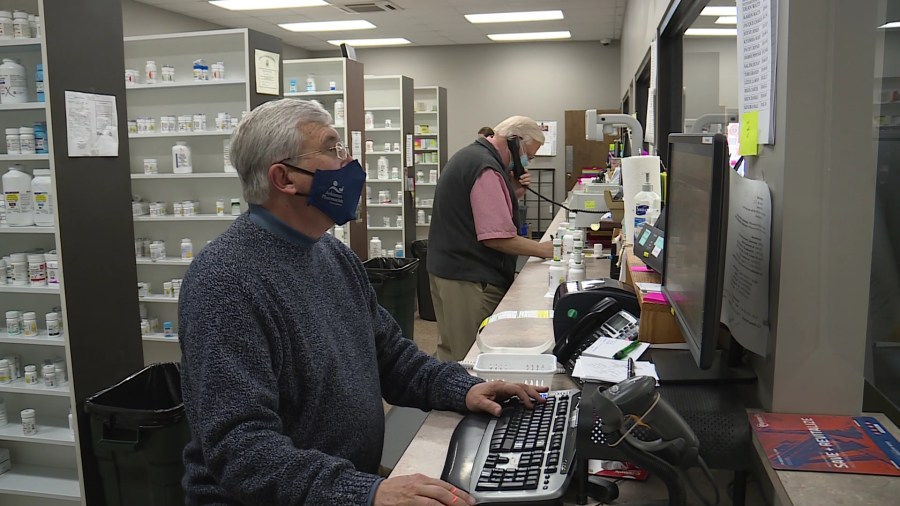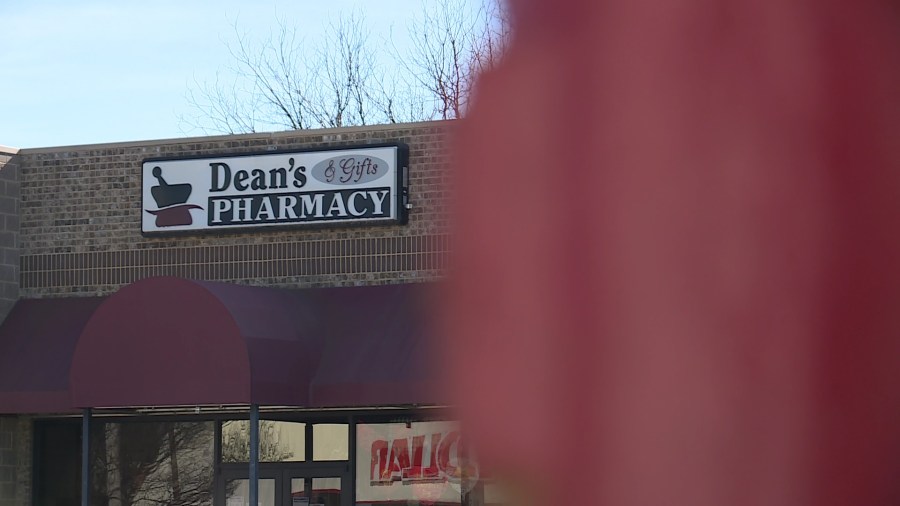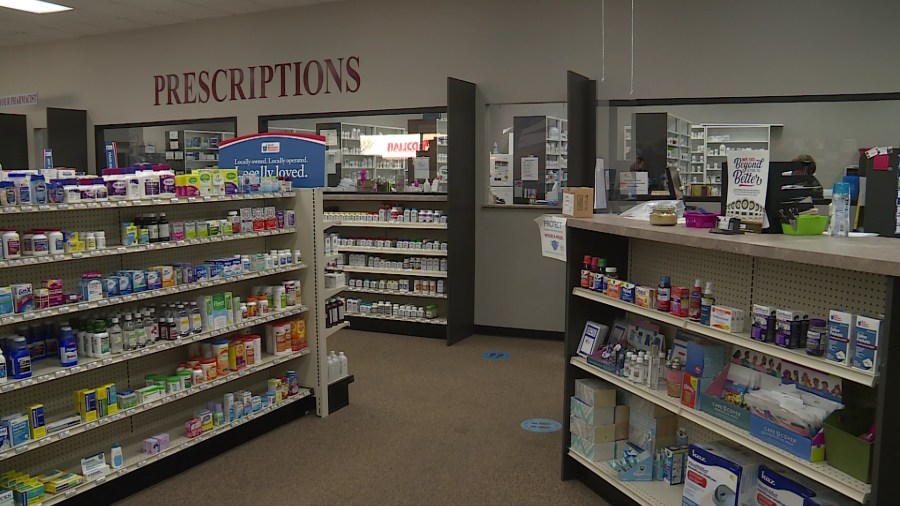MEMPHIS, Tenn. — If your mail or deliveries are still running behind, you’re not alone.
It’s been a big problem throughout the pandemic, but as the WREG Investigators uncovered, that’s especially the case for people waiting on packages containing potentially, life saving prescriptions.
It all started at the end of January, Alexis Luttrell says.
She received a prescription from her mail order pharmacy, for an injection she takes twice a day. but it contained the wrong amount of doses. So the pharmacy sent Luttrell another order.
“It was supposed to be delivered overnight, February 11th, for arrival on February 12th. I was told told it would be delayed due to weather,” she said.
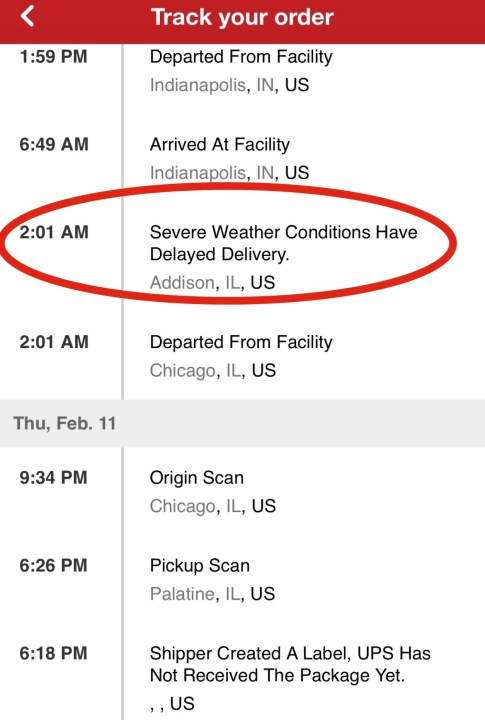
At the time, Memphis had been hit by ice, then record snow. So days, then another week rolled around and Luttrell still didn’t have her prescription.
When Luttrell’s prescription finally arrived, on February 22, a week and a half after its initial delivery date and a month since the whole ordeal started, there was yet another problem.
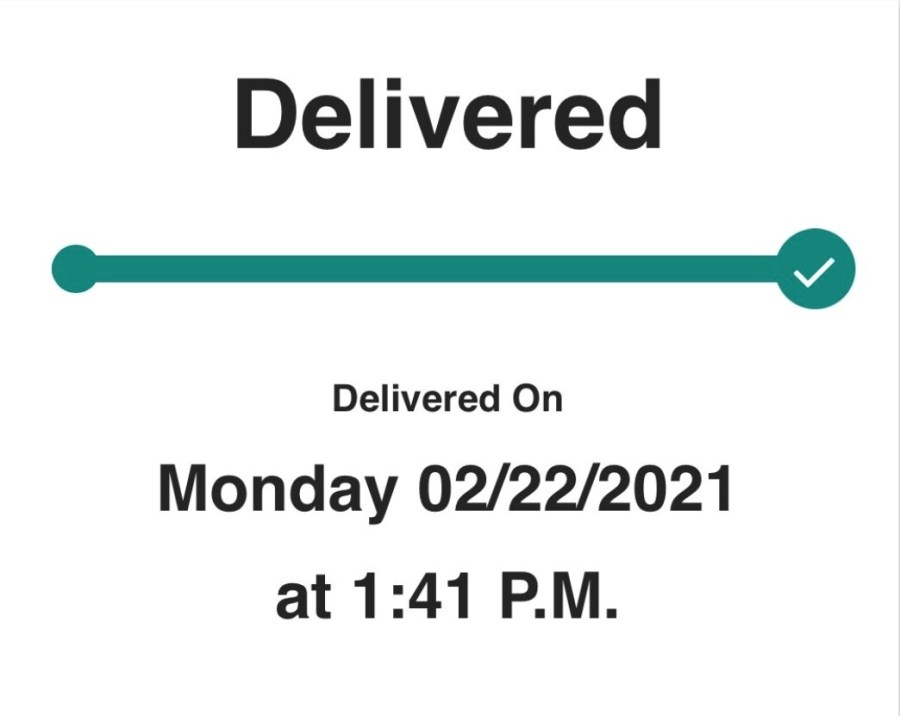
“I can’t use it,” Luttrell said. “The drug information clearly states that has to be stored at room temperature between 66 and about 78 degrees. It was sitting on a UPS truck and single digit temperatures overnight, multiple nights.”
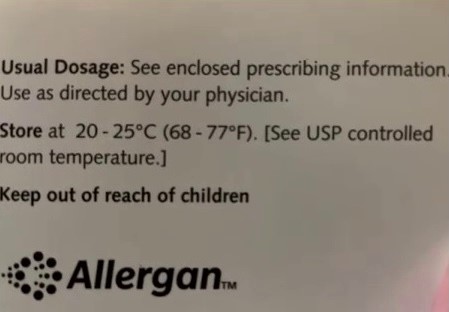
So, Luttrell says she returned the boxes delivered on February 22, then waited on a third shipment of her prescription.
If that one didn’t arrive as scheduled, Luttrell says she was set to run out of injections.
Luttrell told WREG she was frustrated dealing with her mail order pharmacy.
“It’s not like a local pharmacy where you can walk in and have a lovely conversation with the pharmacy staff to say, ‘Okay, I’ve got a problem. Can you help me fix it?’ Instead, you’ve got to call an 800 number, and hope somebody can figure it out between the multiple people who have to touch through prescription,” said Luttrell.
Luttrell says while her prescription is time and temperature sensitive, she didn’t sense urgency on the other end of the phone. “When you’re talking to an online, mail order specialty pharmacy, you’re stuck, you’re absolutely stuck, and you feel as if you don’t have control over your own health because you’re operating on someone else’s timeline.”
Luttrell shared her experience on social media and quickly learned she’s far from alone.
“I had no idea until I posted on Twitter how many people have had the same problem with mail order pharmacies,” she said.
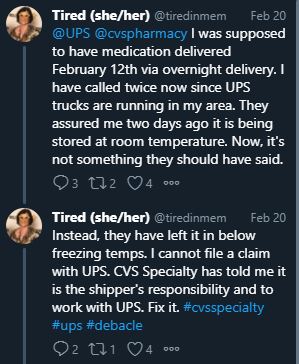
Since tweeting, Luttrell said, “I have had several people reach out, who have had similar situations. I’ve heard stories about people not getting their cancer drugs on time.”
Loretta Boesing runs Unite for Safe Medications.
“This pandemic really created the perfect storm when it came to medications not being delivered on time and even greater numbers,” said Boesing.
Boesing advocates for issues ranging from temperature control to timely deliveries of mail order medications. All of which she says are long standing problems, the pandemic simply brought into focus.
“People are upset, you know, because they’re not getting their packages and they ordered from Amazon on time or they’re you know, they’re upset about things that aren’t arriving. But when it comes to medications, that’s somebody’s life,” exclaimed Boesing.
In fact, WREG has learned some of the very people who depend on mail order medications the most are the ones who can least afford to skip a dose, like elderly on Medicare, folks with chronic conditions and veterans.
The News Channel 3 Investigators uncovered hundreds of complaints from MidSouth veterans who were in many cases, about to run out of medicine, or already out.

In the complaints reviewed by WREG, one veteran said of his diabetes medication, “I have had no meds for several days now. Wonderful.”
Another said, “It seems that in the past year it takes close to 3 weeks to receive my medication once it is ordered.”
With medicine more than a week and a half late a veteran said, “I had to endure withdrawals because of this mistake. It was very dangerous to my health and very uncomfortable.”
In many cases, VA pharmacists blamed COVID-19 and severe mailing delays with the postal service.
“This is just not okay. We cannot turn our back on this issue,” Boesing said.
The issue actually became the focus of a US Senate investigation which noted “significant” USPS delays posed “serious health risks to patients.”
With Americans on lockdown, the findings also revealed a 20 percent spike in the use of mail order prescriptions during the pandemic.
But long before that Senate probe and even the pandemic, a MidSouth pharmacist in the small town of Marianna, Arkansas had already started fighting what he considers a much bigger battle.
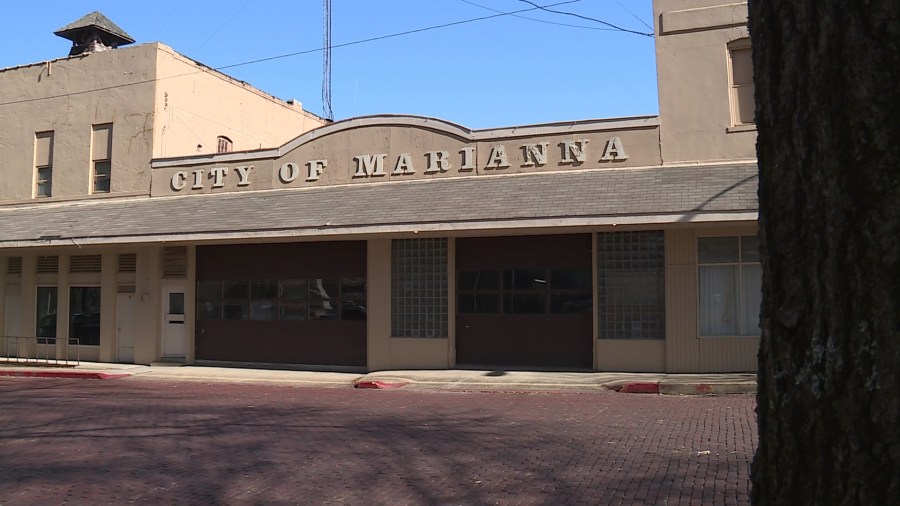
Dean Watts, a pharmacist of 40 years, owns four pharmacies across Arkansas, including Dean’s Pharmacy in Marianna.
“There are more problems with mail order, but I think it’s probably because of the increase in the number of patients that are being required to get their medicines through the mail, not because Covid is a problem,” Watts told WREG.
That requirement Watts referenced typically comes from a pharmacy benefit manager, or PBM, through a patient’s insurance. PBMs handle prescription plans for insurance companies. Designed to be cost effective and convenient, a recent study showed the use of mail order prescriptions grew by roughly 50 percent over the last two decades.
However, when mail order medications don’t arrive on time, patients often turn to their local pharmacies, like Dean’s.
“So they show up here looking for help. ‘What do I do? What can I do to get medication to last me until mine comes in,'” Watts said of what patients typically ask.
Watts says pharmacists can actually write a prescription for a small, temporary supply.
“Otherwise, if they want more than that, they are out the trouble to get a new prescription,” explained Watts.
However, that new prescription may not be covered by insurance.
State Rep. Reginald Murdock, whose district covers Marianna, said mail order stands out as something they need to work on.
The Arkansas Legislature passed several bills into law in recent years regarding PBMs operating in the state.
Murdock says his concerns about mail order equate to access.
“I need my constituents to be able to walk in here and talk to somebody. I need them to be able to get one on one advice and not be it not become a paper thing,” said Murdock.
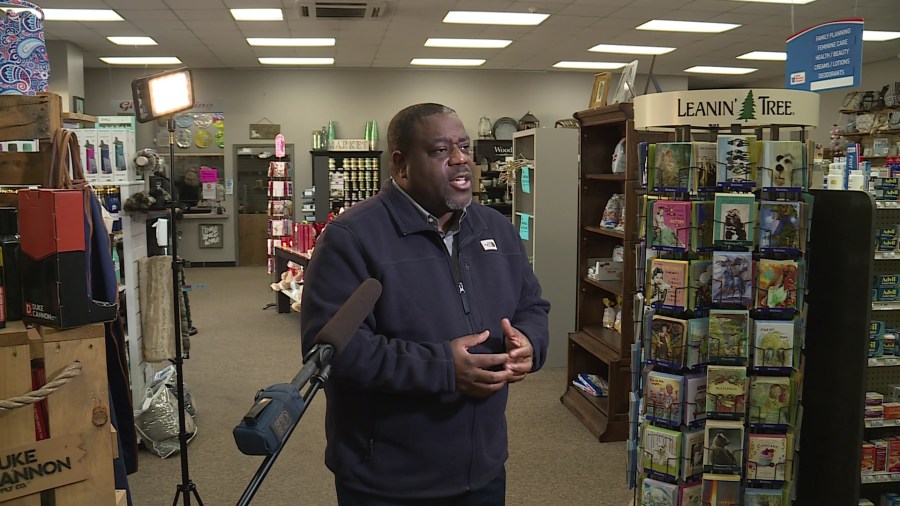
Murdock says he and a group of bi-partisan lawmakers are planning to introduce legislation to address mail order mandates.
Murdock added, “I want to make sure that the customers have the choice. If they want to use mail order, then that’s a choice.”
Luttrell told WREG the third shipment of her medication arrived as scheduled, just as she was about to run out.
“How much better would this have been if I could have just walked into that store? And that’s what I want. I want a choice,” said Luttrell.
WREG contacted Luttrell’s specialty pharmacy but didn’t get a response.
The News Channel 3 Investigators also reached out to a group that represents PBMs, the Pharmaceutical Care Management Association, to find out how mail order pharmacies had been dealing with delayed deliveries.
The PCMA statement noted PBMs have been providing home delivery of medications during the pandemic and long before. The organization also mentioned the rise in prescriptions filled through mail order during the pandemic.
“PBMs use sophisticated automation, geographically dispersed mail-service pharmacies, and proprietary route determination and sorting processes that help make home delivery of prescription drugs accurate, timely, and convenient,” spokesman Greg Lopes said. “In cases where a patient may be impacted by an extended shipping time frame, PBM mail-service pharmacies may send a filled prescription overnight utilizing a different courier or help patients obtain a short-term supply from their local retail pharmacy.”
The statement continued and noted, “…patients chose mail-service because it is a proven way to safely lower prescription drugs.”
